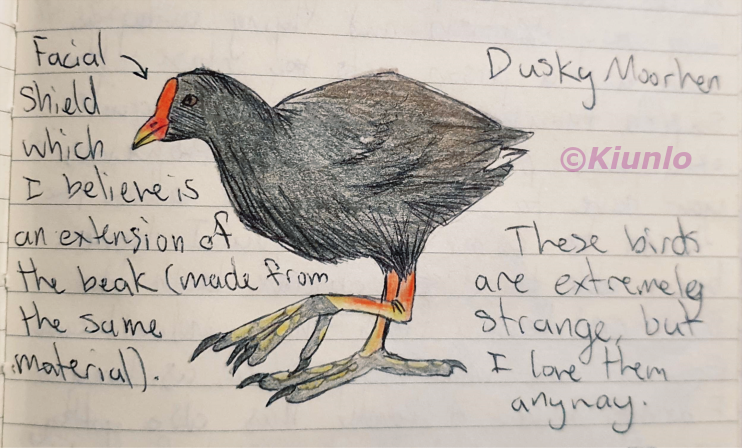Entry 16
Monday 23rd May 2022
8:33am
I have literally just woken up and seen something interesting. The same male Superb Fairy Wren that I saw transitioning into his breeding plumage has already grown in all of his blue cheek feathers. He has yet to grow in the rest of the blue feathers on the top of his head, and he has not grown a single black feather yet, but it seems to be quite a quick progress from what I’ve seen!
Entry 17
Tuesday 24th May 2022
3:33pm
I know I wrote about this just yesterday, but I saw the same Superb Fairy Wren again today, right by my bedroom window. I got a very good look at him as he was very close to the window and didn’t seemed bothered by my presence. From the very good look of him that I got, it seems he’s much further along in growing in his breeding plumage than I initially thought. As I mentioned in my previous entry, he has all of his blue cheek feathers grown in, but almost all of the blue feathers on the top of his head have also grown in as well. The newly grown in feathers look somewhat ragged still, like they are wet or something. I’m sure they will smooth out soon, though.
Additional note from 3:43pm - I really love drawing birds and love to illustrate the birds that I’ve seen before, but I do sometimes just want to draw random birds I haven’t drawn before, that are unrelated to whatever entry they are “attached” to. So I might end up talking about one bird, such as the Wood Duck, but decided I felt like drawing a different bird instead. Inspiration comes when the universe decides, not when I want it to happen.

Image description: Pencil drawing of a Dusky Moorhen. It is a small, round black bird in a similar shape to a chicken. It has a bright red beak with a yellow tip, and a facial shield that is also red. It's feet are extremely big, and its legs are the same colours as its beak. Text on left reads: "Facial shield which I believe is an extension of the beak (made from the same material)." Text on right reads: "These birds are extremely strange, but I love them anyway."
Additional notes about Dusky Moorhens - These guys are rather small waterbirds. We have some down by the creek near my house, and it can be really hard to see them without binoculars, as they’re often hidden in the tall grass by the water, only occasionally peaking their heads out from the tall grass.
